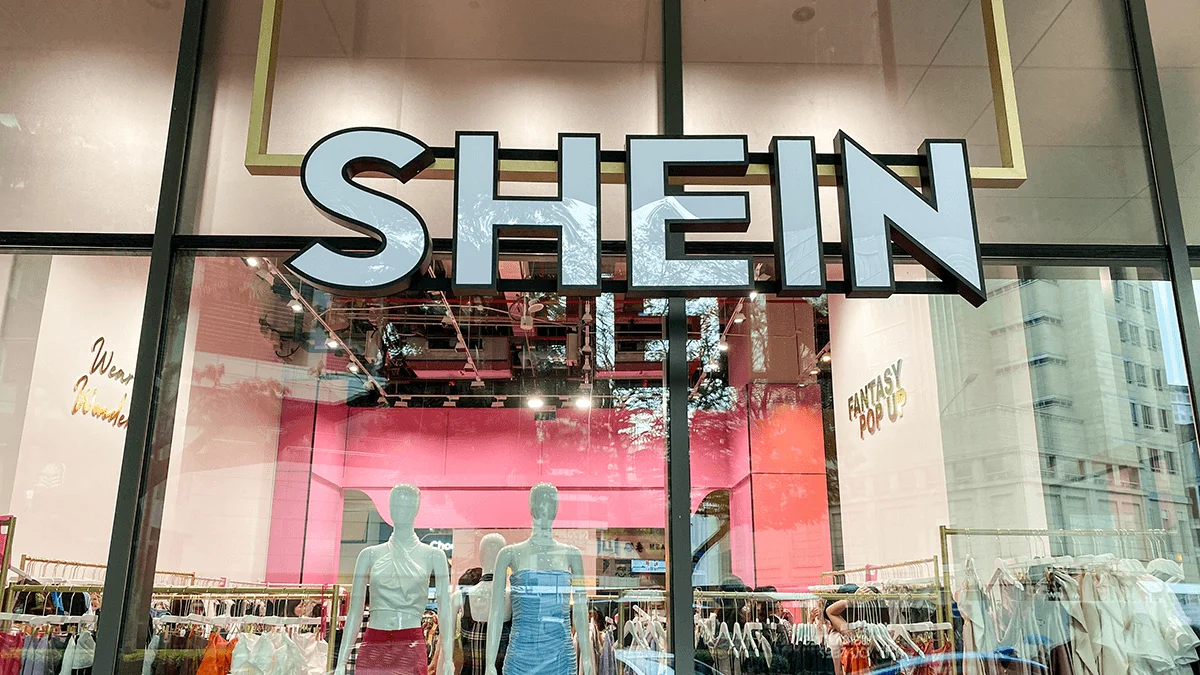Necessary Always Active
Necessary cookies are required to enable the basic features of this site, such as providing secure log-in or adjusting your consent preferences. These cookies do not store any personally identifiable data.
|
||||||
|
||||||
|
||||||
|

Reliance Retail is changing gears as it adapts to the growing needs of Indian consumers. With the slowdown in the expansion of large-format stores, Reliance is now focussing on its fast delivery service plan to leverage the quick commerce boom. Everything from fashion to groceries will be delivered quickly and hassle-free.
According to Fortune India, Reliance Retail adopted a new strategy in FY25 as it reduced its aggressive growth in retail stores to focus on consolidating its operations and strengthening fundamental business processes. As per a report by Elara Securities, Hyperlocal deliveries became a major focus in the March quarter, growing 2.4 times compared to the previous quarter and covering 4,000 pin codes.
The expanding need for fast deliveries throughout the country has made Reliance Retail to focus on establishing quick fulfillment systems. Through hyperlocal delivery networks, Reliance will provide quick services via physical retail outlets with warehouse and digital supply channels. Reliance implemented this shift because it aims to enhance its delivery capabilities specifically targeting metro cities, which present the highest speed delivery demands from consumers.
One of the key pillars of this transformation is Reliance’s push into instant grocery delivery. With this, the company aims to intensify its grocery delivery infrastructure at JioMart because Blinkit and Swiggy Instamart present competitive challenges. The strategy aims to establish a delivery solution for daily essentials that requires short delivery service duration while using its large network of retail stores alongside modern logistical systems.
The hyperlocal turn isn’t specifically about grocery items. Reliance is also leveraging the model to return to fast fashion in a large manner. The biggest development in this area is the partnership between Shein and Reliance Retail. After being banned in India, is Reliance is relaunching Shein in India with an exclusive license and distribution arrangement.
This partnership enables Shein to revisit one of its most profitable international markets, but with a local flavor. Reliance’s supply chain capabilities are likely to enable Shein’s fast-fashion guarantee, allowing for rapid deliveries and returns within cities—feeding into the hyperlocal delivery model further.
Reliance Retail’s growing interest in the fast delivery service highlights a broader trend across India’s retail sector. As physical expansion slows due to high real estate costs and shifting consumer habits, companies are finding more efficient growth in digital-first and fast-delivery models.
The company’s strategy combines its unmatched retail presence with digital reach. This hybrid approach allows them to process orders quickly and fulfill them either from nearby stores or urban warehouses, reducing delivery time significantly.
As this model scales, consumers can look forward to quicker access to not only food items, but also electronics, apparel, and home appliances. Reliance Retail’s push towards hyperlocal services is also in tune with worldwide trends in which convenience and speed are paramount. The Shein India relaunch is only an indication of how the company aims to remain ahead by marrying global appeal with local implementation.
With the company making use of its scale, technology prowess, and supply chain, its Reliance’s hyperlocal delivery model can change the face of Indian consumers’ everyday shopping—combining the familiarity of conventional retailing with the convenience of e-commerce speed.